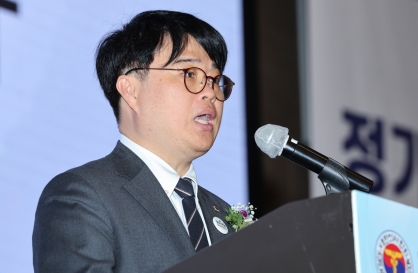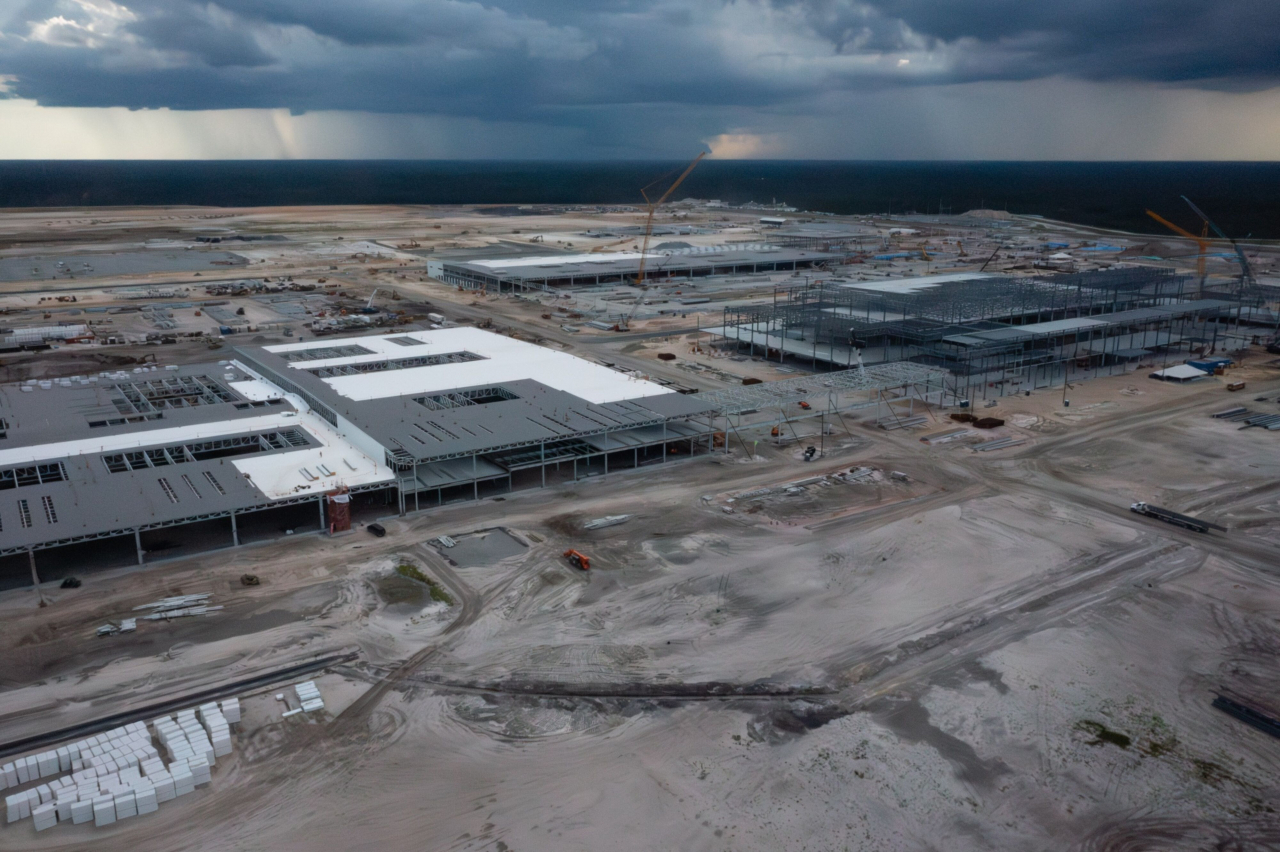 |
Hyundai Motor Group Metaplant America, a $7.6 billion electric vehicle and battery complex on an 11.8 million-square-meter site in Bryan County, Georgia, will start production in Oct. 2024, three months ahead of its current schedule, to cope with the US EV market's demand and subsidy changes. (Hyundai Motor Group) |
Hyundai Motor Group has once again moved up the launch of its new US plant solely dedicated to producing electric vehicles to October this year, three months ahead of its current schedule, to enhance its readiness to toughened subsidy rules.
"We're pulling ahead because everybody knows how important it is because so far we don't qualify for federal tax credits," Hyundai Motor America CEO Jose Munoz said during an interview with Automotive News, an American automotive industry media outlet, last Friday.
Munoz explained that initiating production sooner will enable Hyundai to capitalize on the $7,500 federal tax credit for EVs manufactured in North America with specific battery components and minerals.
Construction of the $7.6 billion EV and battery complex, called Hyundai Motor Group Metaplant America began in October 2022 in Bryan County, Georgia, with the initial completion date moved from the second half of 2025 to January 2025, and now to October 2024, marking the second advancement of the timeline. Hyundai officials reported last year that over 2,000 workers are engaged in the construction every week.
The urgency to begin production stems primarily from the Inflation Reduction Act, which incentivizes the production of EVs in North America. Hyundai has so far adapted to these stipulations by increasing the lease proportion of its vehicles in the US, navigating around the requirement for North American assembly to qualify for subsidies.
The recent tightening of EV subsidy qualifications in January has led to even stricter restrictions on battery component sourcing, disqualifying suppliers associated with certain foreign nations, most notably China.
The metaplant is slated to produce six models across Hyundai's three brands: Hyundai, Genesis, and Kia. Although the first model to be manufactured remains unspecified, Munoz confirmed the lineup would include the much-anticipated three-row Ioniq 7, aiming for a 2025 launch. The plant is designed with an initial production capacity of 300,000 EVs annually, scalable to 500,000 units depending on demand.
Adjacent to the vehicle assembly plant, a $4.3 billion joint venture with Korean battery maker LG Energy Solution will focus on battery production with an annual production capacity of 30 gigawatt-hours. Operations are expected to commence in late 2025. Until then, Hyundai plans to source batteries from other US plants to meet its production needs.
Additionally, Hyundai has partnered with another Korean battery maker SK On to construct a $5 billion battery plant in Bartow County, Georgia, aimed to begin operations in the second half of 2025, with a 35 GWh annual capacity, supporting Hyundai's factory in Montgomery, Alabama, and Kia's plant in West Point, Georgia.
The decision by Hyundai to expedite an already accelerated timeline from Jan. 2025 contrasts with General Motors and Ford's recent slowdowns in EV and battery factory investments. Munoz said Hyundai continues to see strong EV sales.
"There are very few Hyundai dealers (in America) that are still not selling the Ioniq EV, and we are telling them to please hurry up because we are going to continue to bet on electric vehicles," he said.
Last year, Hyundai Motor Group emerged as a leading player in the US EV market, second only to Tesla, with sales totaling 94,340 vehicles.
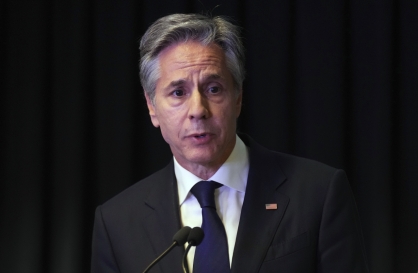
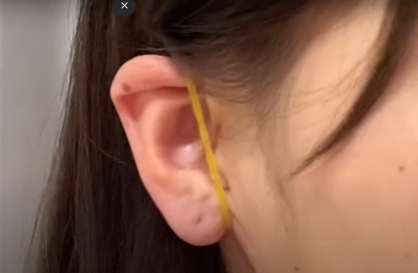
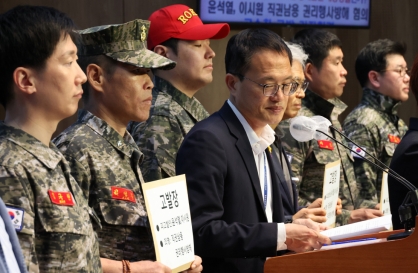

![[Weekender] How DDP emerged as an icon of Seoul](http://res.heraldm.com/phpwas/restmb_idxmake.php?idx=644&simg=/content/image/2024/04/25/20240425050915_0.jpg)

